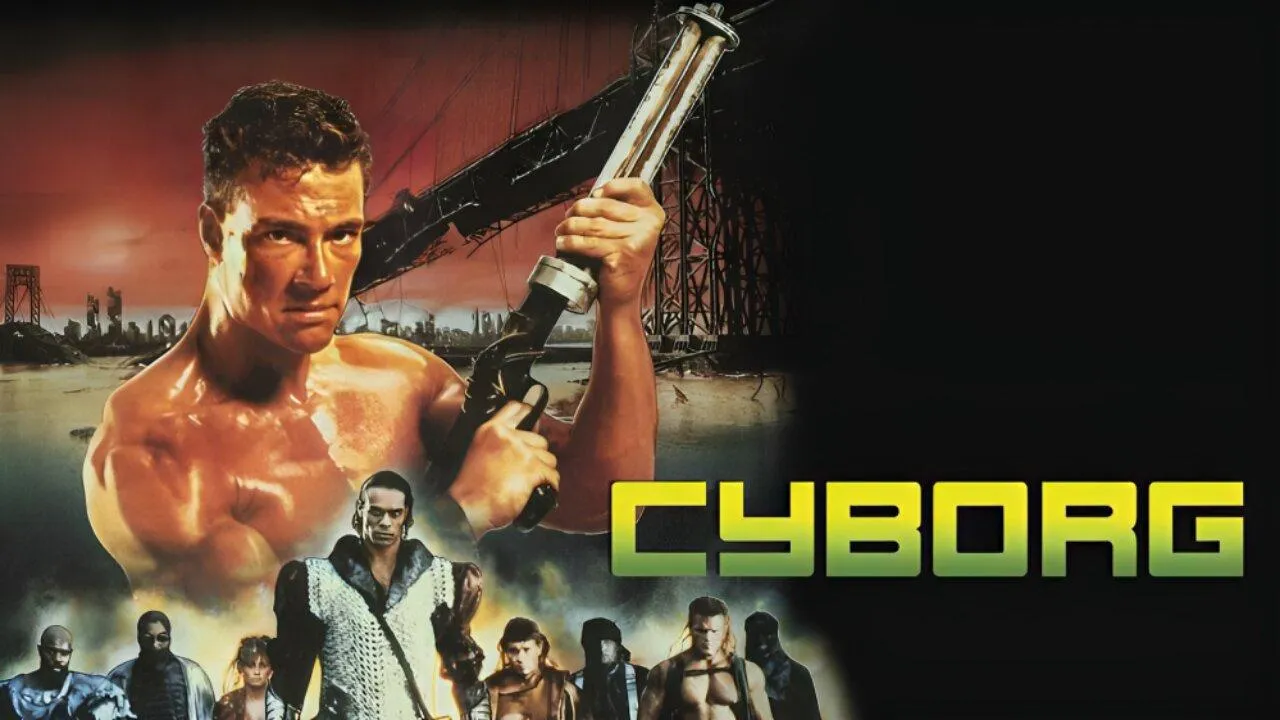Beowulf (2007), directed by Robert Zemeckis, is a visually ambitious adaptation of the Old English epic poem. Using performance-capture animation, the film reimagines the ancient tale of heroism, pride, and legacy with a darker, more psychological tone. The story follows the warrior Beowulf (voiced and portrayed by Ray Winstone), who arrives in Denmark to help King Hrothgar (Anthony Hopkins) rid his kingdom of the monstrous Grendel.
Beowulf defeats Grendel, earning fame and fortune, but his victory leads to new challenges. He soon faces Grendel’s seductive and dangerous mother (Angelina Jolie), who tempts him with promises of power in exchange for a legacy of lies. The film diverges from the original poem by portraying Beowulf as a flawed, aging hero whose decisions are driven by ego and temptation, not just honor and courage.
The movie explores themes of pride, the burden of legend, and the cost of personal choices. Beowulf is portrayed not as a perfect warrior but as a man wrestling with his image and mortality. This version examines how myths are shaped by personal failures and how even the greatest heroes are vulnerable to human flaws.
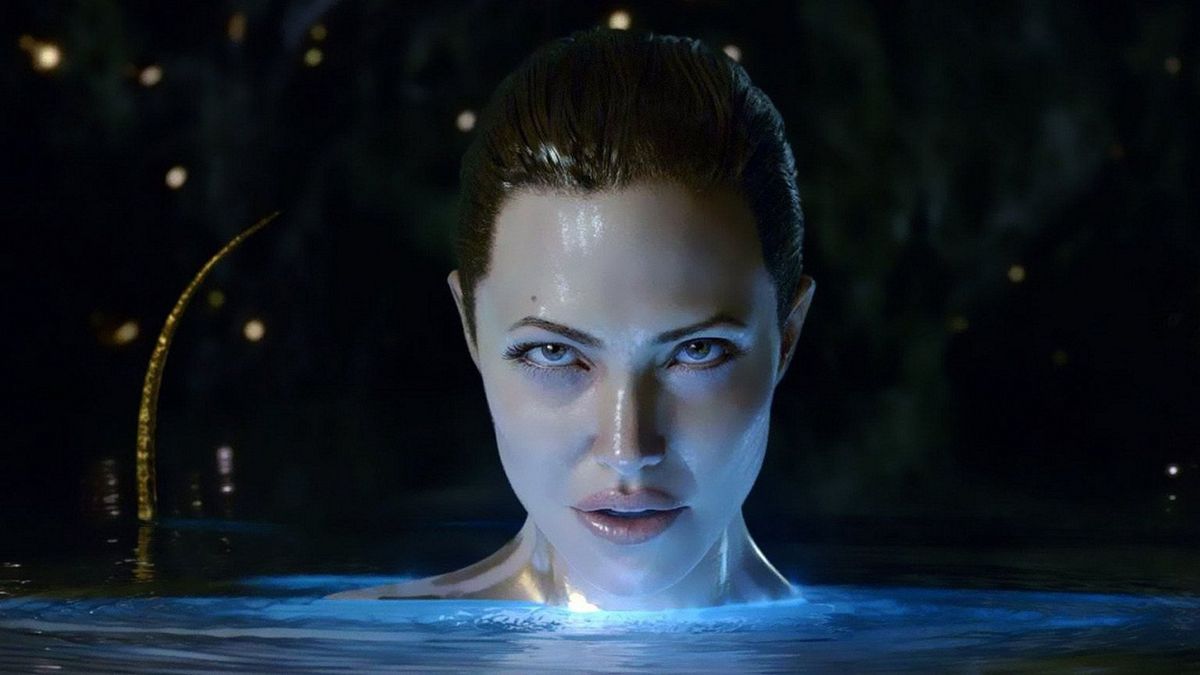
Visually, Beowulf was groundbreaking at the time for its use of motion-capture technology, similar to Zemeckis’s earlier film The Polar Express. The animation allows for grand, stylized action sequences and fantastical imagery, though the human characters sometimes fall into the “uncanny valley,” making emotional expressions feel slightly off. However, the bold visuals give the film a distinct and mythic tone that matches the story’s scale.
The voice performances are strong, particularly Winstone’s gritty portrayal of Beowulf and Jolie’s mysterious, seductive take on Grendel’s mother. Hopkins brings gravitas to Hrothgar, and John Malkovich adds intrigue as the suspicious Unferth. These performances help ground the film’s emotional core despite its digital format.
The film takes liberties with the source material, expanding subplots and adding moral ambiguity. Purists of the original text may find some of these changes controversial, but they serve to deepen character development and raise questions about heroism, legacy, and truth. Beowulf’s arc is ultimately tragic—his pursuit of glory results in personal regret and a legacy built on falsehood.
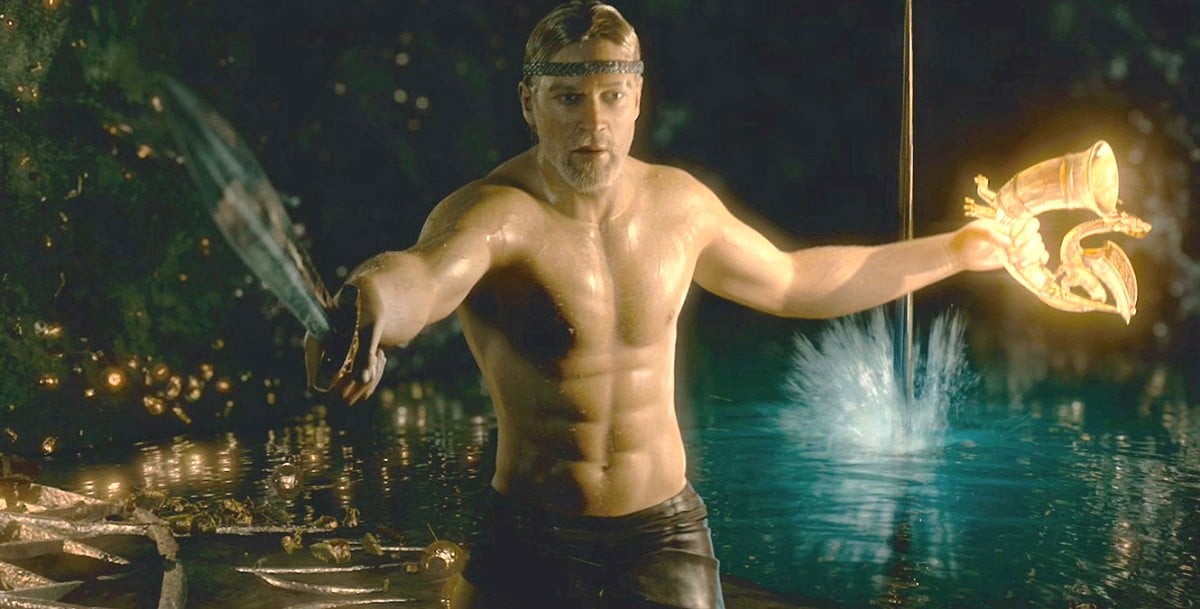
The soundtrack by Alan Silvestri adds to the epic feel, blending choral and orchestral elements that echo the film’s grand themes. Combined with the dark, moody visuals and intense battles, the film creates a rich atmosphere that supports its mythic structure.
In summary, Beowulf (2007) is a bold and visually striking adaptation that reinterprets the classic tale with psychological depth and moral complexity. While its animation style may not appeal to everyone, its themes of flawed heroism and the price of legacy give it lasting resonance. It remains a unique entry in the fantasy and epic genre, merging ancient legend with modern storytelling techniques.
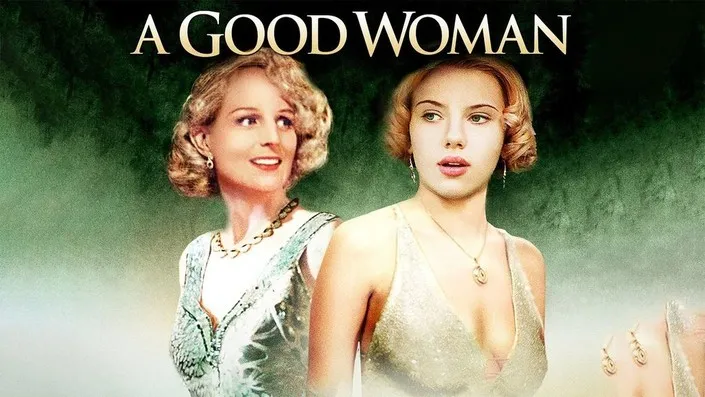
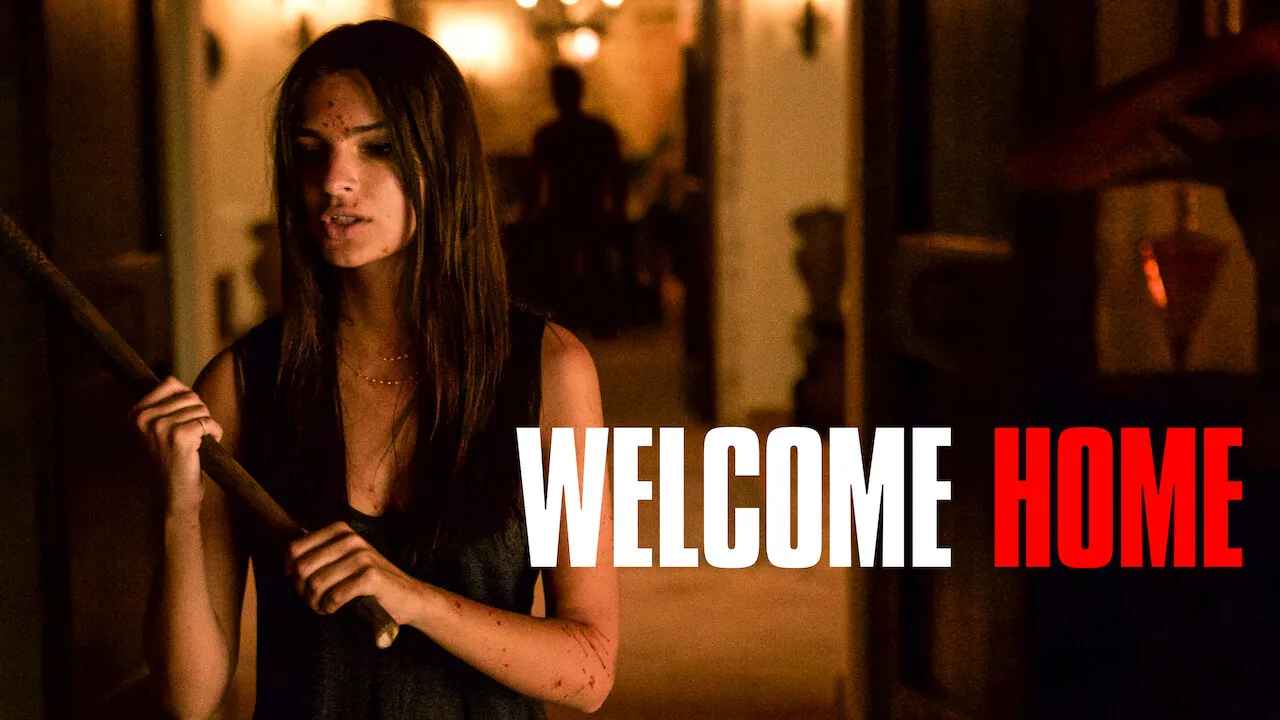
-1754377129-q80.webp)
